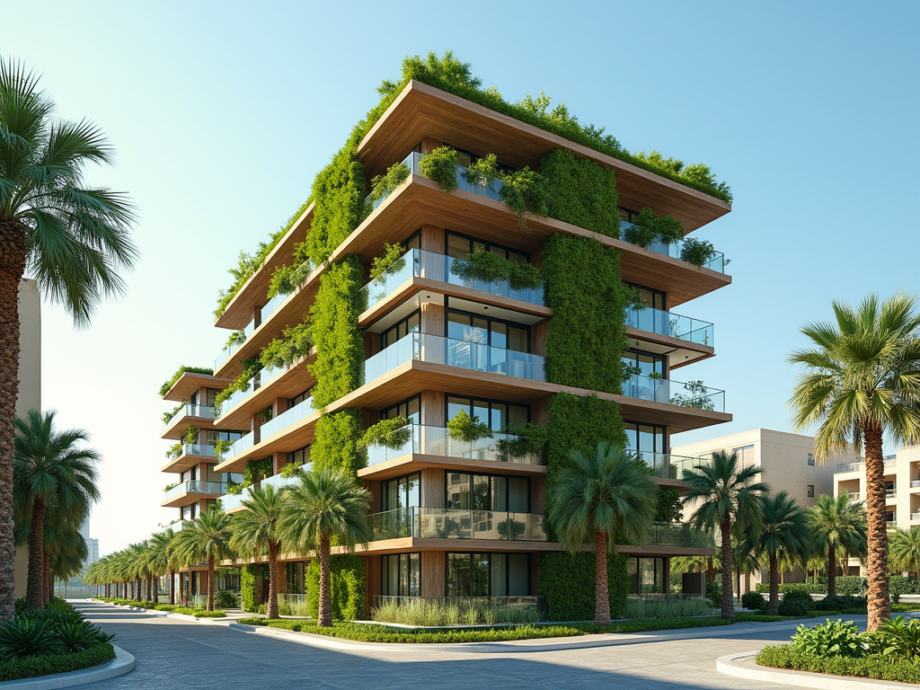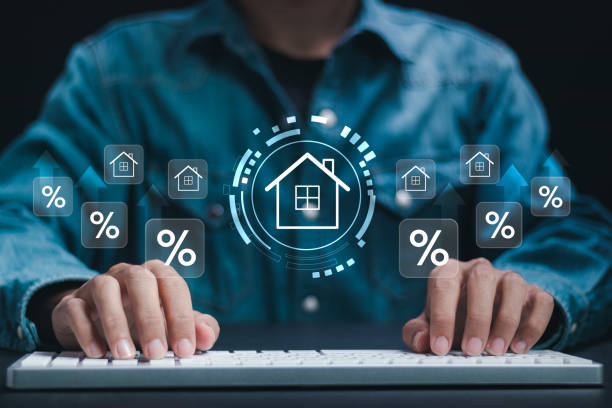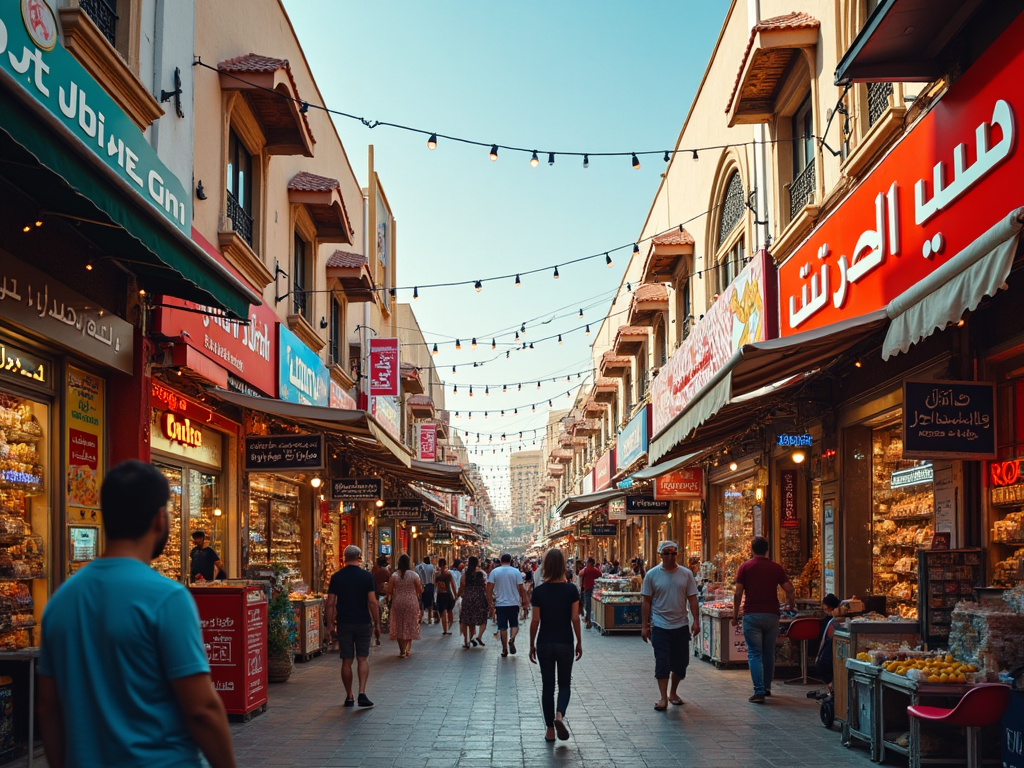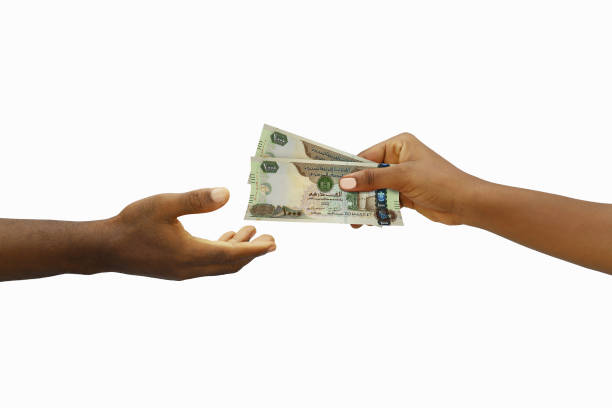As the world becomes increasingly aware of climate change and sustainability, Dubai’s property developers are rising to the challenge of adhering to stringent environmental standards. This adaptation is not just a response to global pressures; it represents a significant transformation in how real estate is developed in one of the world’s fastest-growing cities. The integration of green technologies, sustainable materials, and energy-efficient designs are at the forefront of this shift. Developers are now more focused than ever on creating eco-friendly residential and commercial spaces that align with both government regulations and consumer demand. In doing so, they are setting new benchmarks for sustainability within the industry.
The Regulatory Framework Encouraging Sustainability
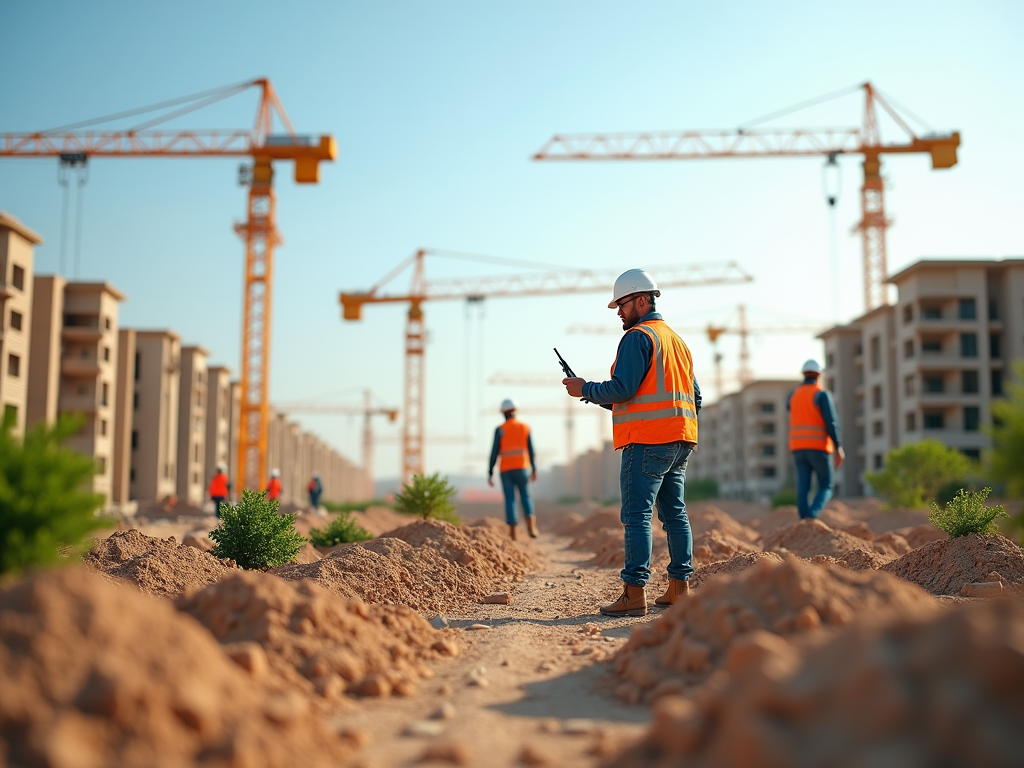
Dubai authorities have implemented various regulations and initiatives aimed at promoting sustainability within the real estate sector. These measures include ambitious goals outlined in the Dubai Sustainability Agenda and the Dubai Clean Energy Strategy 2050. Developers are now required to comply with the Green Building Regulations and the Estidama Pearl Rating System, which lays out standards for environmentally responsible building practices. The government encourages developers to employ sustainable design principles that minimize energy consumption and reduce carbon footprints. Here is a quick overview of some key regulations:
- Green Building Regulations: Establishes mandatory sustainability measures for new developments.
- Estidama Pearl Rating System: Assesses the sustainability of building projects through a rating system based on various criteria.
- Dubai Clean Energy Strategy 2050: Aims to produce 75% of Dubai’s energy from clean sources by 2050.
To comply with these environmental standards, Dubai’s property developers are leveraging innovative technologies during the construction phase. This includes the use of Building Information Modeling (BIM), which improves planning efficiency and reduces material waste by allowing for precise modeling of structures before they are built. Developers are also focusing on smart home technology integration, allowing residents to monitor and manage energy consumption in real-time. Water conservation measures, such as rainwater harvesting systems and water-efficient landscaping, are also being increasingly implemented. Overall, innovative technologies help not only in achieving compliance but also in enhancing the appeal of properties to environmentally-conscious consumers.
Sourcing Sustainable Materials
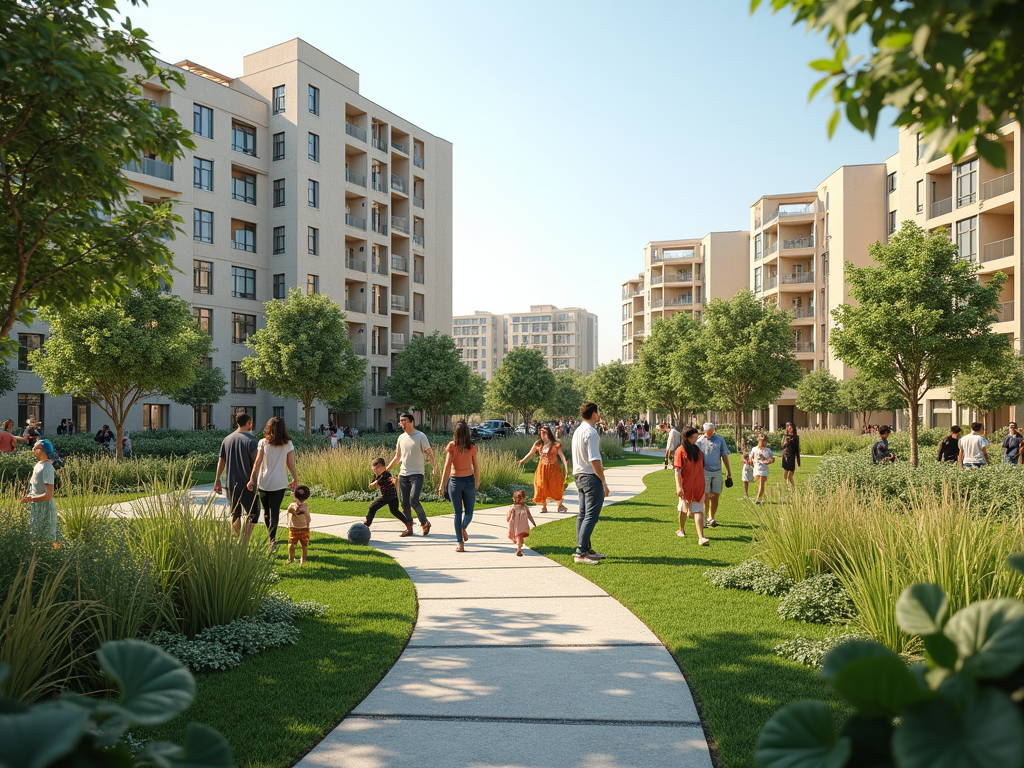
The selection of materials plays a crucial role in the sustainability of property developments. Dubai’s property developers are increasingly sourcing materials that are sustainable, recycled, or have a lower environmental impact. For example, reclaimed wood and recycled concrete are gaining popularity as viable building materials. Moreover, developers are prioritizing local sourcing to reduce transportation emissions and support the local economy. The use of low-VOC (volatile organic compounds) paints and finishes also minimizes indoor air pollution, creating healthier living spaces for residents. Conclusively, the trend of using sustainable materials aligns with the growing global movement towards eco-friendly construction practices.
Market Demand for Eco-friendly Developments
Consumer preferences are changing, reflecting a desire for sustainable living options. As more residents and businesses prioritize green living, property developers are compelled to adapt their offerings to meet this demand. Studies have shown that properties designed with sustainability in mind tend to attract buyers or tenants more easily and can command premium prices. Consequently, developers are investing in eco-conscious projects, including energy-efficient buildings and communities featuring ample green spaces. As a result, environmentally friendly developments are quickly becoming a trend rather than a niche, marking a significant shift in Dubai’s real estate landscape.
Conclusion
Dubai’s property developers are undergoing a transformative journey towards more sustainable practices in response to environmental standards and market demands. With a robust regulatory framework encouraging environmentally responsible development, innovative construction technologies, and a growing audience seeking eco-friendly living solutions, developers are not just complying with standards, but are leading the way in creating a sustainable future. This evolution is critical for both the health of the planet and the long-term viability of Dubai’s property market.
Frequently Asked Questions
1. What are the Green Building Regulations in Dubai?
The Green Building Regulations are mandatory standards set by Dubai authorities to ensure environmentally responsible construction practices in new developments.
2. How does the Estidama Pearl Rating System work?
The Estidama Pearl Rating System evaluates buildings based on sustainability criteria such as energy efficiency, water consumption, and indoor environmental quality, providing a score in the form of ‘pearls’ from one to five.
3. What types of technologies are being used for sustainable construction?
Technologies such as Building Information Modeling (BIM) and smart home systems are being utilized to improve efficiency, reduce waste, and enhance energy management in buildings.
4. Are sustainable materials more expensive than traditional ones?
While some sustainable materials may be more expensive upfront, they often lead to long-term savings through lower energy costs and improved durability.
5. How does market demand affect sustainable property development in Dubai?
The rising awareness and preference for eco-friendly living among consumers drive property developers to adapt their offerings, leading to a trend toward sustainable developments in the Dubai real estate market.
